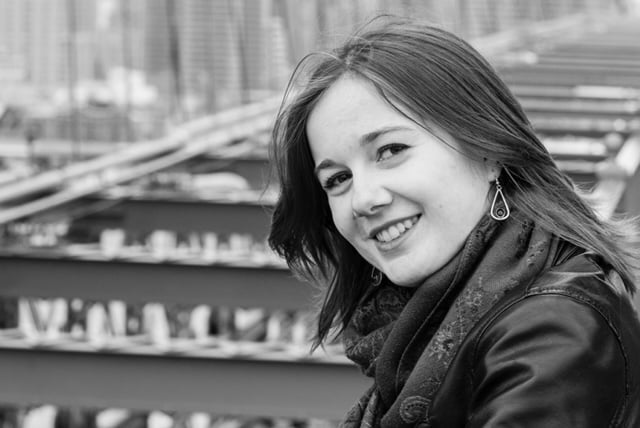Every day my parents walk to the end of the world
which is what we call that place in the river valley where,
when I was young, a road collapsed and nobody cared
to repair it, and so the brush grew up
around the tumbled concrete, and we teenagers
would scramble out to the spot so often that a path
was worn between the older trees, a trail that led
to the darkened stones of covert campfires
and scattered cans of cheap beer, the remnants
of a generation that gathered at the precipice
where road became cliff, became valley, became
river going by, where long past midnight,
we’d watch the summer sun go down.
My parents, who once warned me away
from that edge, now walk there themselves
to take in the view. I see it too, through their photos,
always slightly blurred, just a little askew. Since I left,
there’s a guardrail that’s been built, and the path
which we walked into existence has been paved.
But there’s still the same arc of the river, still
the same valley that, at dusk, fills to the brim
with light. Tonight, the silhouettes of trees are sharp
in the frame, all the conifers stiffly upright
save for one, beyond the guardrail, that leans
toward the river in the way we used to lean
our gangly bodies past the last surviving ledge
of concrete, our feet planted as close as we dared,
tilting into the river or the sky—taking the photograph,
my mother sees its angle too, and writes: one day
this tree will complete its fall.
Used with the permission of the author.

